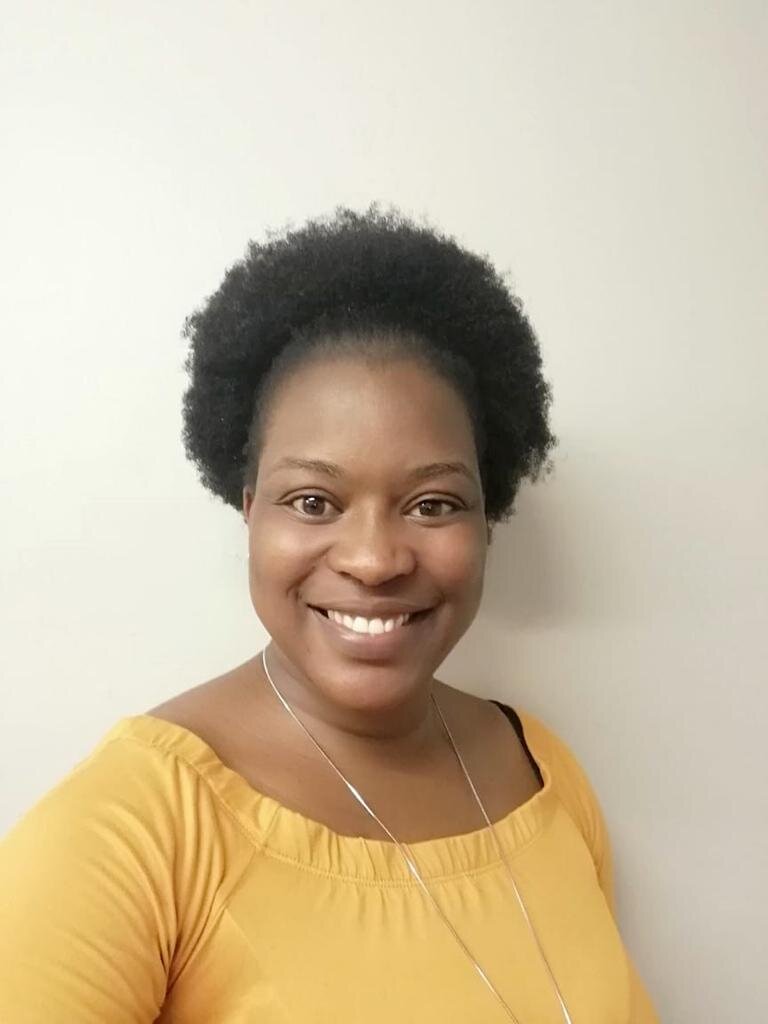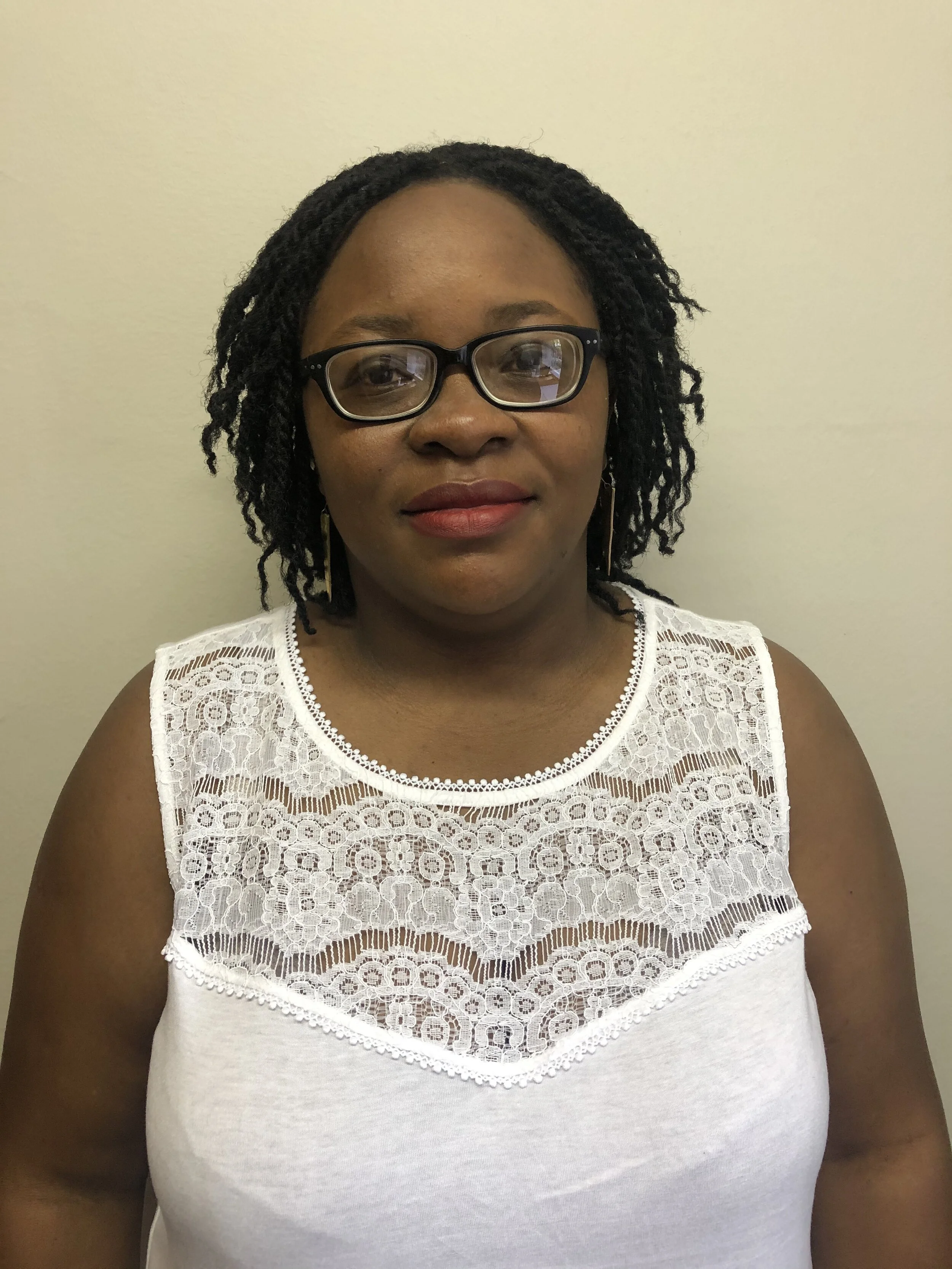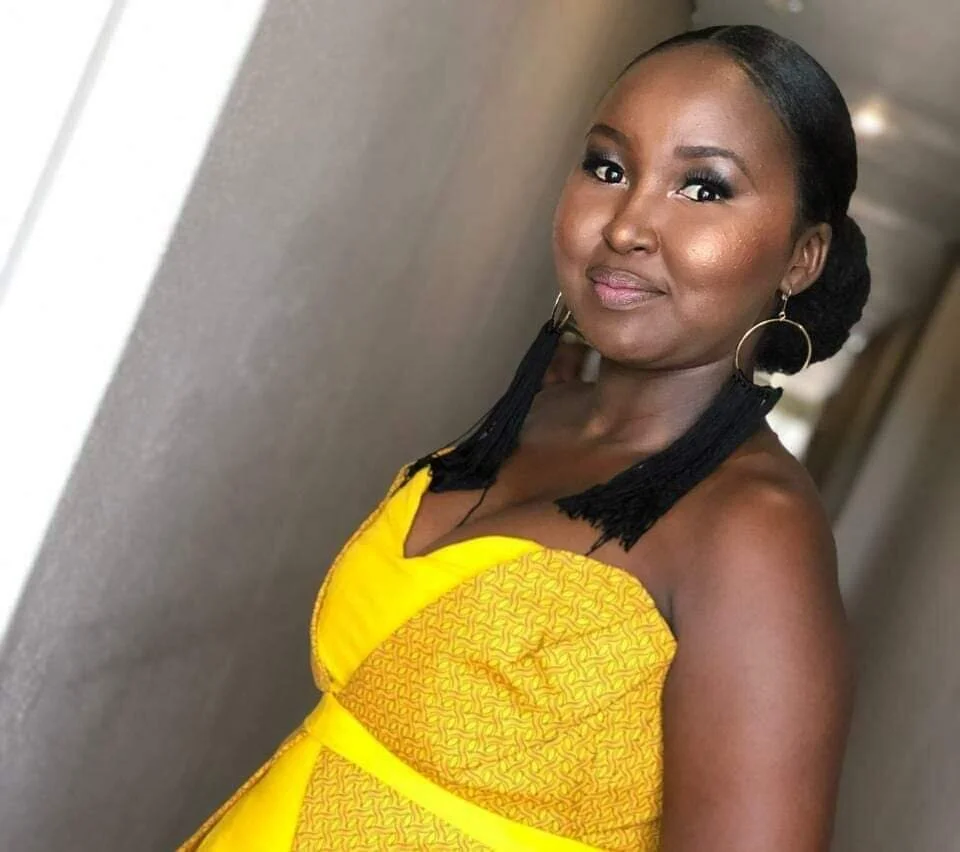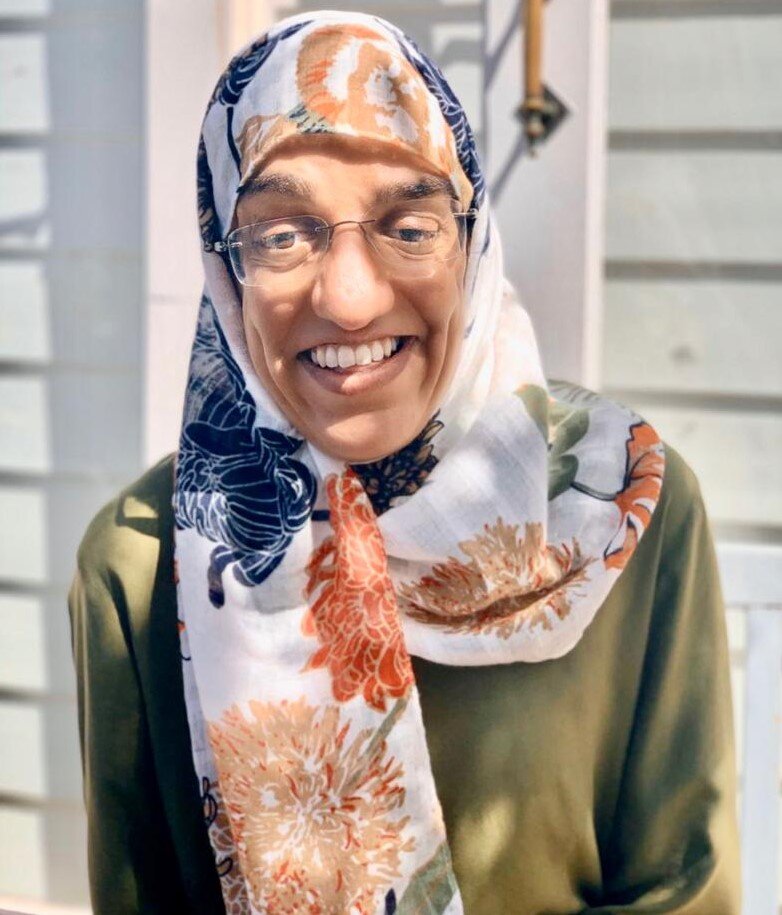Rehema Abiyo, from the Tana River region of Kenya, is the first girl from her village to obtain a university degree. Rehema is currently studying for a PhD in General Linguistics at the University of Stellenbosch. Her focus area is on Education and the literacy practices of her multilingual homeland. Rehema has dedicated her career to her education, working and volunteering tirelessly within her community. For instance, as a result of her creation of Mother Tongue books, children are now able to access the school curriculum in a language that they understand. In the future, Rehema aims to become a leading Education Researcher across the economically disadvantaged rural regions of Africa. Kenyan nomadic lifestyles are becoming less viable, in no small part due to climate change, and local communities are seeking alternative ways of living. A quality education is essential. Going beyond rote learning of the ABCs, Rehema’s holistic vision includes new teaching strategies, parent involvement and holds the potential for the creation of a formal literacy program.
“I’m doing this for children […] to reach as many as I can […] The ultimate goal is to empower learners [and] break the poverty cycle through access to quality education.”













